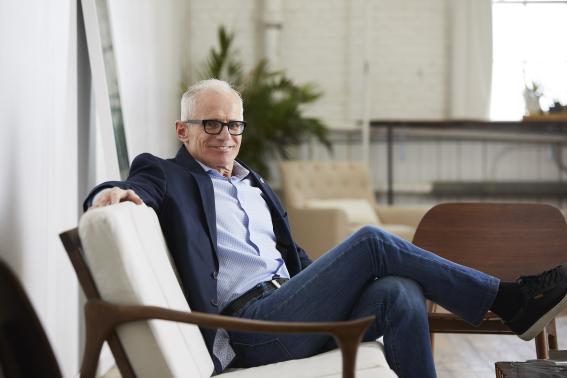Profile in Philanthropy: Thomas Ackerman ‘76
January 4, 2019

Tom spent the lion’s share (28 years) of his career with the Wilmington, Massachusetts firm, which develops products and services to help pharmaceutical and biotechnology companies accelerate the research and drug development efforts. He joined the company in 1988 as controller of one of its smaller divisions. Four years later, he became controller of Charles River’s North American operations, and then excelled as its CFO from 1996 until his retirement in 2016. Like many accounting graduates, Tom began his career in public accounting, first at a regional firm and then with Arthur Andersen in Boston, where he focused on small manufacturers and commercial firms.
“I am grateful to UMass Amherst, Isenberg, and its accounting department for giving me a strong career foundation,” he emphasizes. “They helped me in everything that I’ve accomplished. And they offered great opportunities and resources for a self-starting student like me.” That included, he said, the accounting department’s outstanding faculty and supportive culture. Thanks in large part to his education and background in accounting and operations, Ackerman could confess: “My background wasn’t in Wall Street M&As. It involved more classical skill sets in IT, business operations, budgetary forecasting, accounting, and experience with financial markets. I think that investors appreciated our informed answers to their operational and financial questions. In my career, I never stopped learning,” he continued. “But some things stay the same, like making decisions with financial integrity. That’s a lesson that goes all the way back to Isenberg.”